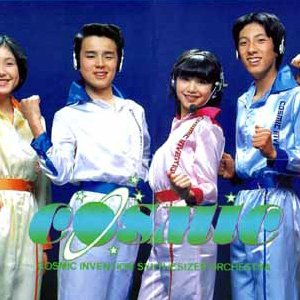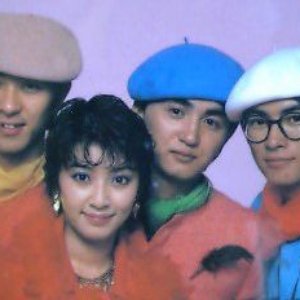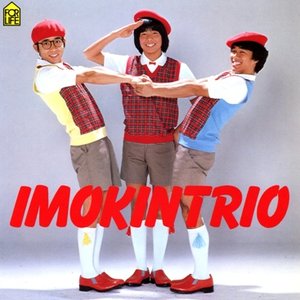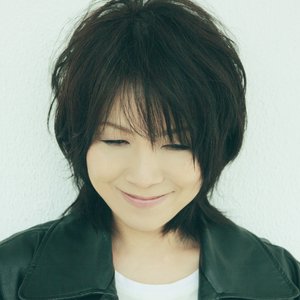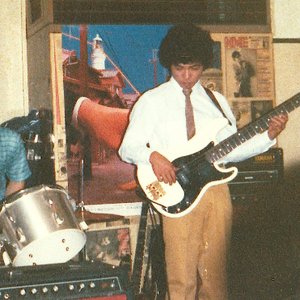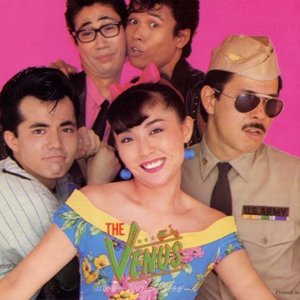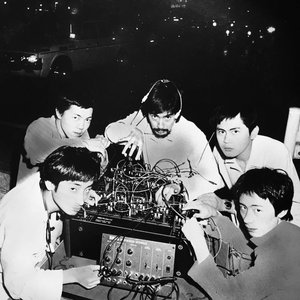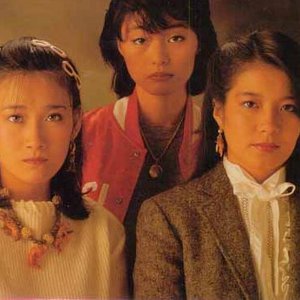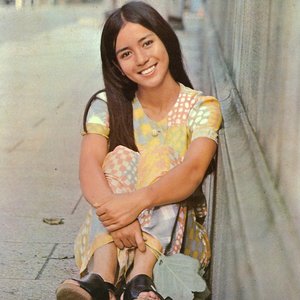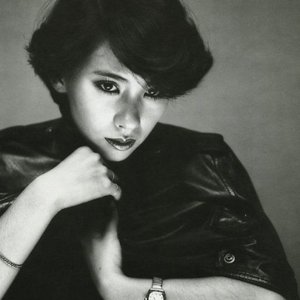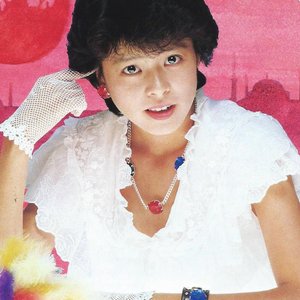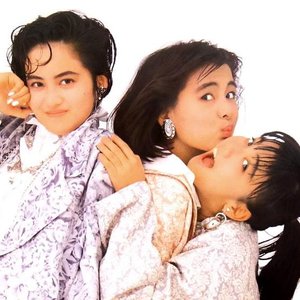Biography
-
Years Active
1980 – 1984 (4 years)
-
Members
- 奥野敦子 (1980 – 1984)
- 柴矢俊彦 (1980 – 1984)
- 沖山優司 (1980 – 1984)
- 高木利夫 (1980 – 1984)
Members:
Atsuko Okuno (aka Ilya) (奥野敦子) - vocals, guitar
Toshihiko Shibaya ) (柴矢俊彦) - Guitar
Yuji Okiyama (沖山優司) - Bass
Toshio Takagi (高木利夫) - Drums
Japanese band ジューシィ・フルーツ (Juicy Fruits) represent an important turning point in the development of Japanese pop music. Formed by the backing members of producer and musician Chikada Haruo's band Beef, the group took the then new techno-pop sounds pioneered by P-Model, the Plastics, and Hikashu, and combined them with a songwriting sensibility that drew from Japanese kayoukyoku (postwar, Western-influenced mainstream pop) and group sounds ('60s and '70s bands inspired by the Beatles and the Beach Boys). They are best known for their influential 1980 debut single "ジェニーはご機嫌ななめ," ("Jenny wa Gokigen Naname")
In Okuno Atsuko, also known by the nickname Illya, after the character from the '60s TV action show The Man from U.N.C.L.E., the group had a charismatic frontwoman who opened the way for female guitarists in Japanese rock bands, projecting an image that was both calculatedly cute and girlish, but at the same time, she projected an unapologetic air of independence with her punk-styled hair and coquettish asides. Guitarist Shibaya Toshihiko, bassist Okiyama Yuji, and drummer Takagi Toshio completed the lineup. Juicy Fruits' hit debut single was swiftly followed up by the albums Drink! and Juicy a la Mode, both released the same year, and while the band never followed up with another song to match the enduring popularity and influence of "Jenny wa Gokigen Naname," the main songwriting partnership of lyricist Okiyama and composer Chikada remained prolific; they released one album a year until 1984's Come on Swing. The group split after this, with Okuno embarking on a brief solo career and Chikada continuing his work as a producer.
Nevertheless, the emergence of Juicy Fruits in the early '80s foreshadowed the increasing use of synthesizers and electronic instruments in mainstream Japanese pop music, as well as signalling the decline of techno-pop as an underground phenomenon. The large number of cover versions of "Jenny wa Gokigen Naname" and the variety of different kinds of artists who have recorded them attests to Juicy Fruits' enduring influence. The 2003 cover version by idol group Perfume, which appeared as a B-side to the single "Sweet Donuts," in particular sparked a revival of interest in the group, and was followed by covers by artists as diverse as bikini model Nakazawa Yuko, singer/songwriter Kaji Hideki, and pop-punk band Go! Go! 7188.
Artist descriptions on Last.fm are editable by everyone. Feel free to contribute!
All user-contributed text on this page is available under the Creative Commons Attribution-ShareAlike License; additional terms may apply.

